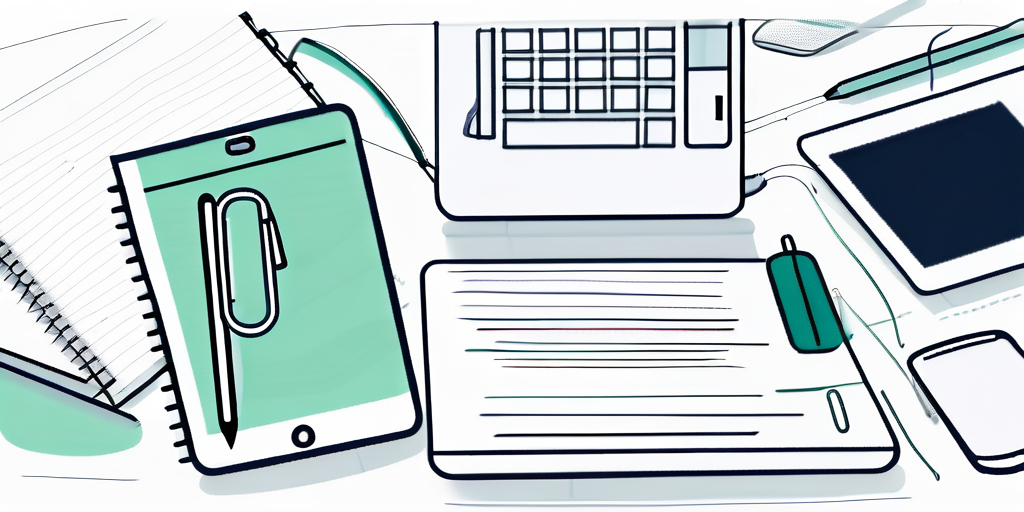0344 755 3018
0344 755 3018

In today's fast-paced and competitive business world, it is crucial for teams to work efficiently and maximise productivity. As a team leader or manager, it is your responsibility to create an environment that fosters productivity and empowers your team members to perform at their best. In this article, we will explore five essential strategies to enhance productivity in the office.
Effective communication is the cornerstone of any successful team. When team members are not on the same page, it can lead to misunderstandings, delays, and decreased productivity. To boost your team's efficiency, prioritise clear communication.

One way to achieve clear communication is by setting clear expectations and goals. Clearly define the objectives of each project and ensure that every team member understands their role and responsibilities. Encourage open and transparent communication channels, where team members can freely express their ideas, concerns, and questions.
Additionally, utilise various communication tools to streamline communication processes. Email, instant messaging platforms, and project management software can help facilitate efficient and timely communication among team members. Regularly check-in with your team to ensure that everyone is on the same page and address any communication gaps that may arise.
Time management plays a crucial role in enhancing productivity in the office. When team members effectively manage their time, they can prioritise tasks, meet deadlines, and avoid unnecessary delays. As a team leader, you can implement strategies to help your team improve their time management skills.
Encourage your team members to create a daily or weekly schedule to plan their tasks and allocate time for each activity. This will help them stay organised and focused on their priorities. Additionally, promote the use of productivity tools such as time-tracking apps or project management software that can assist in managing and monitoring time spent on different tasks.
Furthermore, encourage your team to identify and eliminate time-wasting activities. This could include minimising distractions, setting boundaries, and delegating tasks when appropriate. By optimising time management, your team can work more efficiently and accomplish more in less time.
Collaboration is key to a productive and successful team. By leveraging collaborative tools, you can enhance teamwork, streamline processes, and improve overall productivity.

Invest in project management software that allows team members to collaborate on tasks, share files, and track progress. This will enable seamless communication and ensure that everyone is working towards the same goals. Additionally, consider implementing cloud-based storage solutions to facilitate easy access and sharing of documents and files.
Encourage the use of video conferencing tools for virtual meetings and remote collaboration. These tools enable face-to-face communication, even when team members are not physically present in the office. By utilising collaborative tools, your team can work together more effectively, regardless of their location.
Feedback is a powerful tool for growth and improvement. Regularly providing feedback to your team members can help them understand their strengths, identify areas for improvement, and ultimately enhance their productivity.
Implement a feedback culture within your team, where constructive feedback is encouraged and appreciated. Schedule regular one-on-one meetings with each team member to discuss their progress, provide guidance, and address any challenges they may be facing. Additionally, create opportunities for peer feedback and encourage team members to provide feedback to one another.
When providing feedback, focus on specific actions and behaviours rather than personal criticism. Offer praise and recognition for a job well done, and provide actionable suggestions for improvement. By fostering a culture of regular feedback, you can empower your team members to continuously grow and excel in their roles.
While productivity is important, it is equally crucial to prioritize the well-being and work-life balance of your team members. Burnout and excessive stress can significantly impact productivity and overall team morale.
Encourage your team to maintain a healthy work-life balance by setting clear boundaries and promoting self-care. Encourage breaks throughout the day, and discourage working long hours or taking work home. Lead by example and prioritise your own work-life balance, demonstrating to your team that it is possible to achieve both professional success and personal well-being.
Additionally, consider implementing flexible work arrangements, such as remote work or flexible hours, to accommodate individual needs and preferences. By supporting work-life balance, you can create a positive and productive work environment where team members can thrive.
Boosting your team's efficiency and enhancing productivity in the office requires a holistic approach. By prioritising clear communication, effective time management, collaborative tools, regular feedback, and work-life balance, you can create an environment that empowers your team to perform at their best. Implement these strategies and watch as your team's productivity soars to new heights.